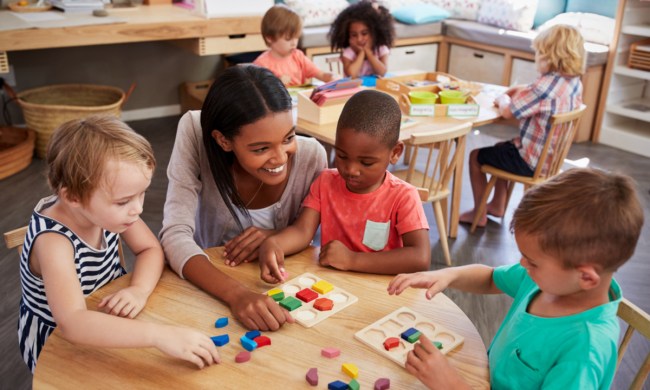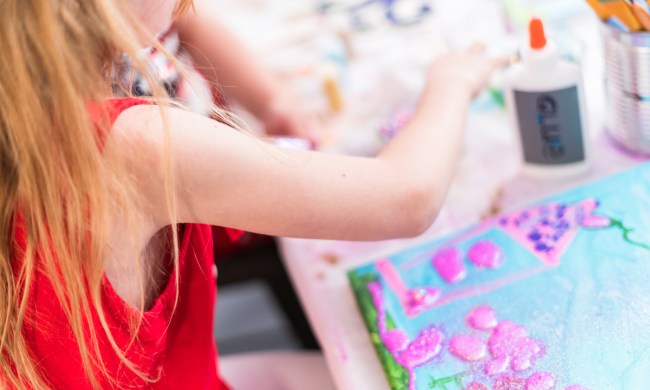Toddlers have an abundance of emotions. When they don’t quite know how to express themselves, they may resort to less-than-desirable actions like hitting you or their caretaker. Fortunately, there are many safe ways to discipline violent toddlers. While the best thing you can give them is your presence and patience, here are some ways you can help reshape their behavior.
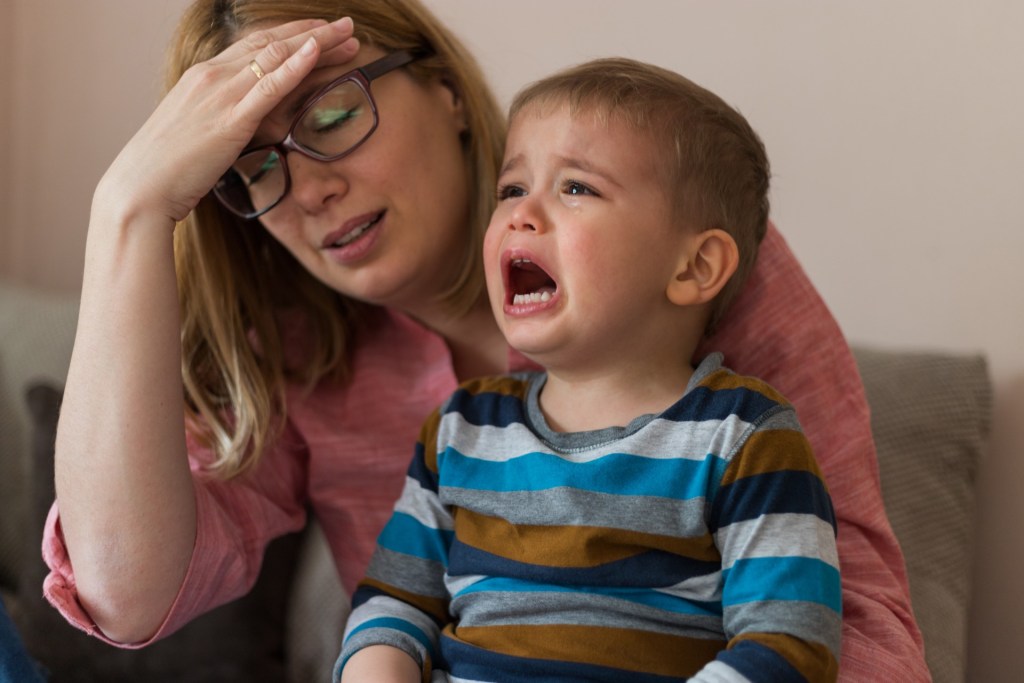
Redirect, redirect, redirect
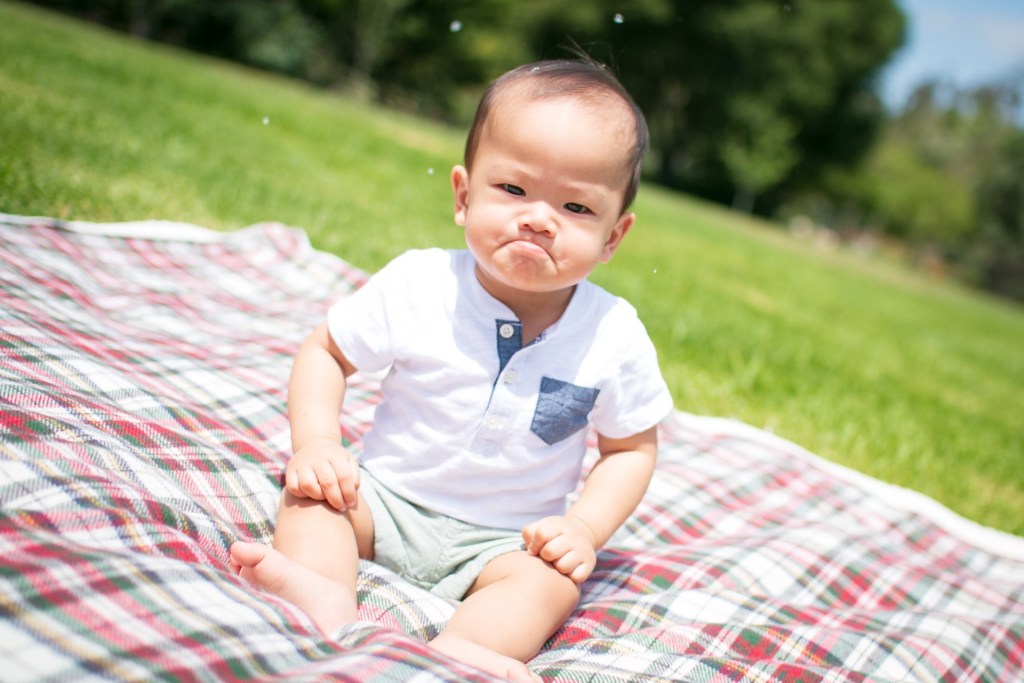
If your toddler is on the verge of an outburst because they didn’t get something they want and are now proceeding to hit you or someone else, it’s a good idea to redirect their attention. This can mean taking them completely out of the situation and putting them in a new area. For instance, if you’re in the living room and they’re frustrated with something, take them out into the backyard to help reset their emotions. This is also helpful in public areas like the neighborhood park or indoor gym.
On another note, you can present them with a new activity or toy when they’re having an outburst. This distracts them in a way, but it takes the focus off of the negative situation and prevents a complete meltdown. A classic way of redirecting toddlers is placing them in timeout. However, it’s important to give them a few warnings beforehand. You may give them a verbal warning and then a countdown if they don’t correct their behavior. This way, they know that timeout is a consequence, and not a punishment.
Make sure their timeout space is free of distractions. Consider placing a chair away from their toys or a quiet corner that’s still in your line of sight. When your child is in timeout, it’s also an opportunity for you to check in with your feelings so as not take your frustrations out on the situation. After a timeout, give your child a chance to express any verbal feelings and explain to them why they got timeout.
Identify the root of their feelings and actions
Whenever possible, try to determine why your toddler acted a certain way before disciplining them. Are they tired? Are they hungry? Are they overstimulated? Are they feeling sick? If they have telltale signs of a hitting episode or meltdown, try to remove them from the situation before they reach their melting point.
Encourage your child to express their feelings in verbal form instead of acting out. You might also consider your own behavior and see if there are things that are causing your child to hit you or a guardian. Perhaps softening your tone of voice, lessening the severity of their punishment, and being even more supportive can make your child feel more secure in you and themselves. This might help them change their behavior.
Gently explain why hitting is not OK
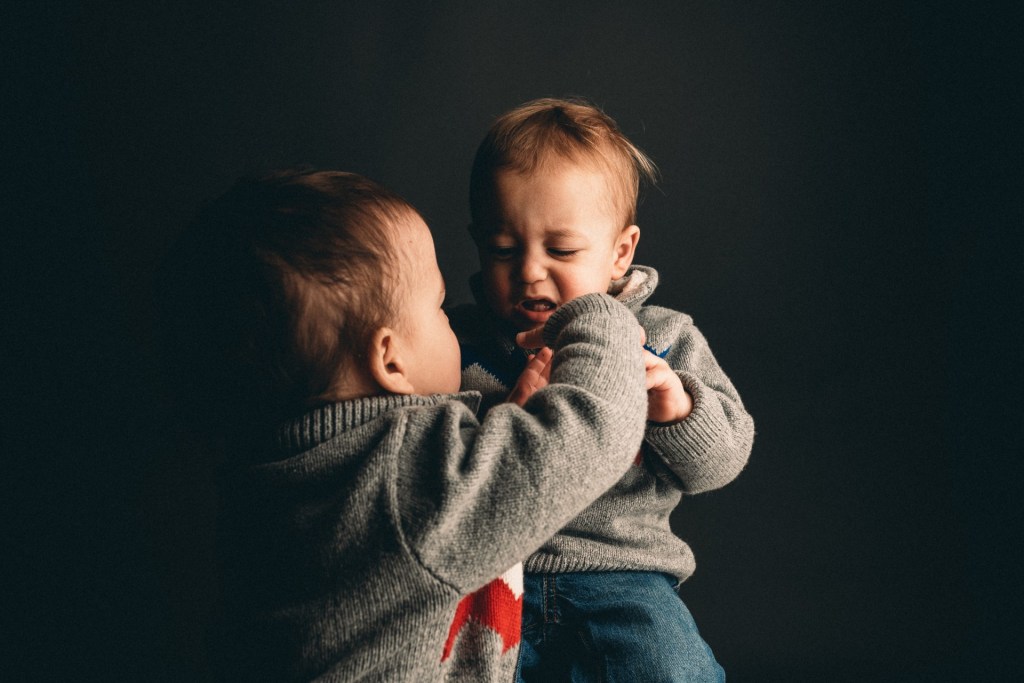
As soon as you notice your toddler hitting, explain to them the differences between feelings and actions. While it’s OK to have feelings and that some feelings make you feel bad, it’s not OK to hit people because you have bad feelings. Children may not fully understand what you’re saying at first, but keep repeating these explanations in ways they can understand.
You can say simple phrases like, “Hug, not hit” or “Soft touch, no hitting.” Stuffed animals, dolls, or other human-like figures can help them practice friendly social skills. Most importantly, keep a close eye on your toddler when they’re around other kids, adults, and animals. If they do hit someone in a social situation, it’s an appropriate time to help correct their behavior.
Be firm, but not harsh
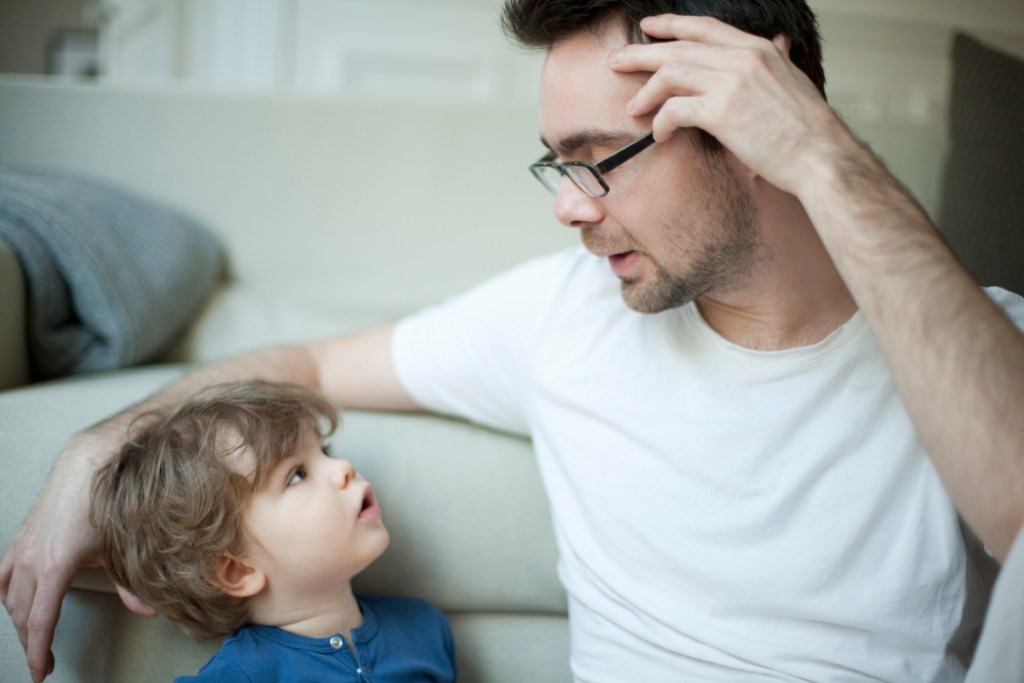
Even if your toddler hits you hard, do not force them to say sorry. Most toddlers do not understand sincerity and will only feel obligated to give an apology Instead, give them an affectionate gesture like a hug or pat on the head to show them that love is preferable over hitting. Do this before you send them to timeout or take away their toy.
Whenever they hit, be consistent with your discipline method. If they have a timeout spot, send them there every time no matter what. Even if they plead, it’s important that they understand the connection between the misbehavior and the consequence.
Be the role model they need
Model the behavior you want to see in your child. Avoid hitting, raising your voice, and making a scene yourself when you feel frustrated. Trust us, we know how challenging it is keeping up with an energetic toddler, but once they see that you, their whole world, don’t condone their misbehavior, they will be more likely to follow in your footsteps.

Helping a toddler get in touch with their emotions in a healthy way can be challenging. Before they can adequately express their feelings in words, they might hit you or other caretakers. In this case, don’t panic: there are plenty of expert-approved methods to help modify their behavior. Just remember to be patient, be loving, and be persistent.

